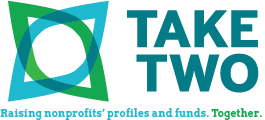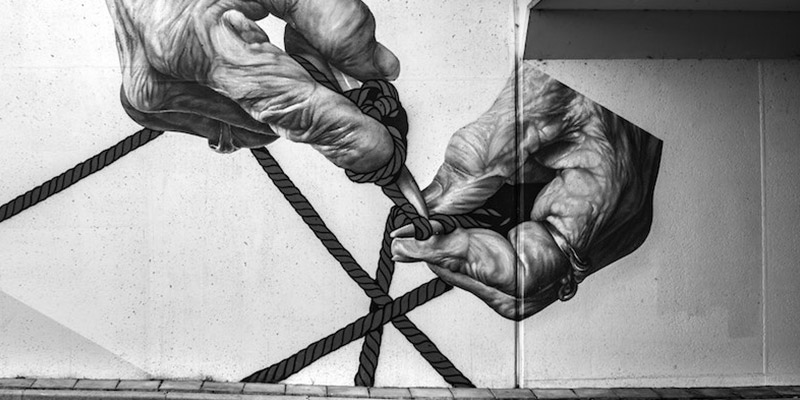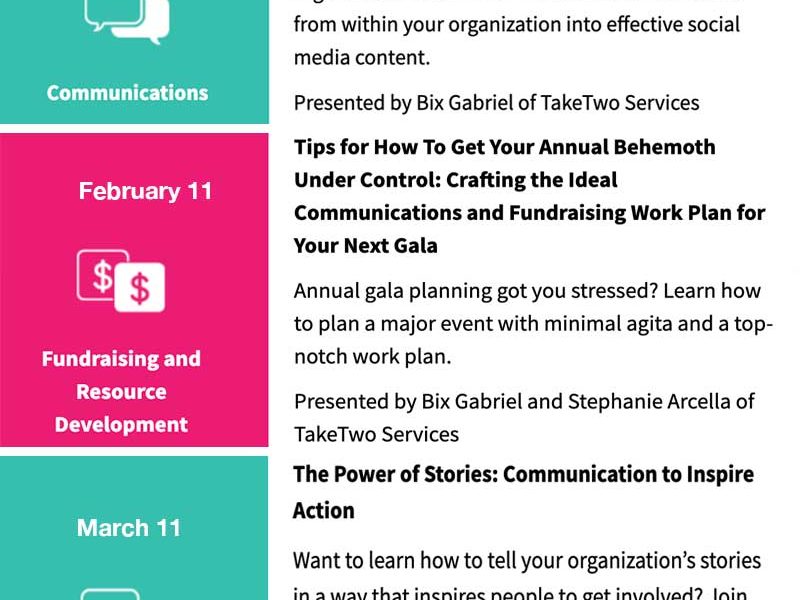
Re-imagining Scarcity as Abundance
 The impact of scarcity on the nonprofit sector is real. The pressures on executive directors and their teams; fundraisers and development officers are enormous.
The impact of scarcity on the nonprofit sector is real. The pressures on executive directors and their teams; fundraisers and development officers are enormous.
We share those pressures with managers and staff in a variety of ways. Often with great sincerity, a sense of vulnerability, and the best of intentions.
But how is scarcity felt by our staff?
The experience varies, of course. But in the day-to-day operations of many of our organizations, scarcity is translated to the workforce as reasons for low pay, additional responsibility, and lack of “softer” supports like professional development and time. And when used again and again– however real, transparent, or urgently shared– the language of scarcity begins to read as a failure of imagination, even leadership.
How can we create a culture of possibility and growth in a world so bound by its competitions and constraints? How can we unleash the kind of risks and rewards that sustain and grow organizations over time when we feel we are constantly securing their foundations?
For some, the answer might simply be a matter of talking about its grip on our imagination as often as its grip on our purse strings. Calling attention to its power, less like a curse or trap that has taken hold, and more like a habit born of experience that we have the ability to resolve and re-imagine.
For its opposite, generosity, is the touchstone of our sector. Nonprofits– even those most beset by funding challenges– have heart, creativity, commitment and hard work in abundance.
Let’s embolden our staff with shared stories of all they have done and will be able to do. From this place of possibility, nonprofits are home to a wealth of energy and hope that acknowledges scarcity without being defined by it.
Imagine sharing that power and its hold on large and small generosities of the heart and mind. You might be surprised. Holding scarcity and abundance in your hands at once might not only move the needle on morale and trust, but also on the budget that so bedevils you.
This article can also be found on Rebeccah Welch’s LinkedIn profile.





